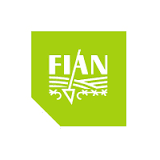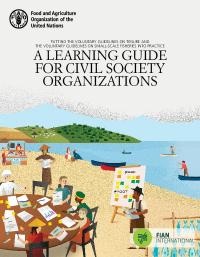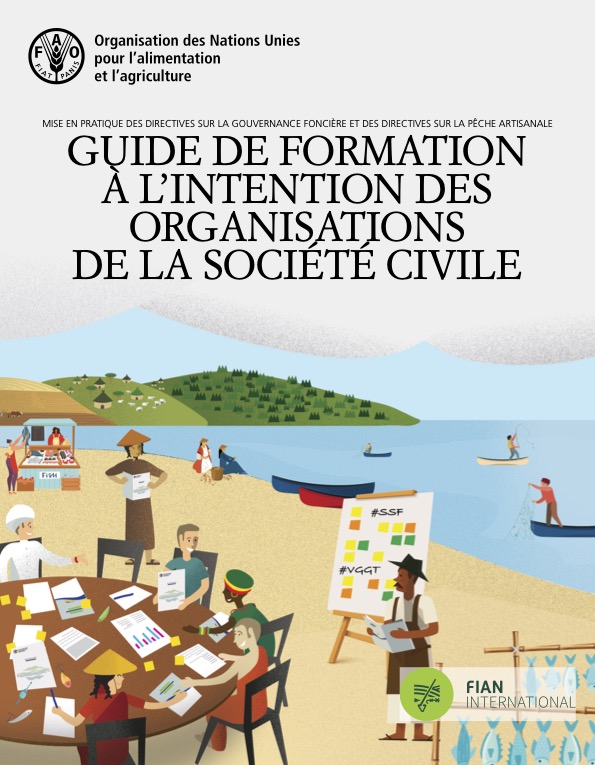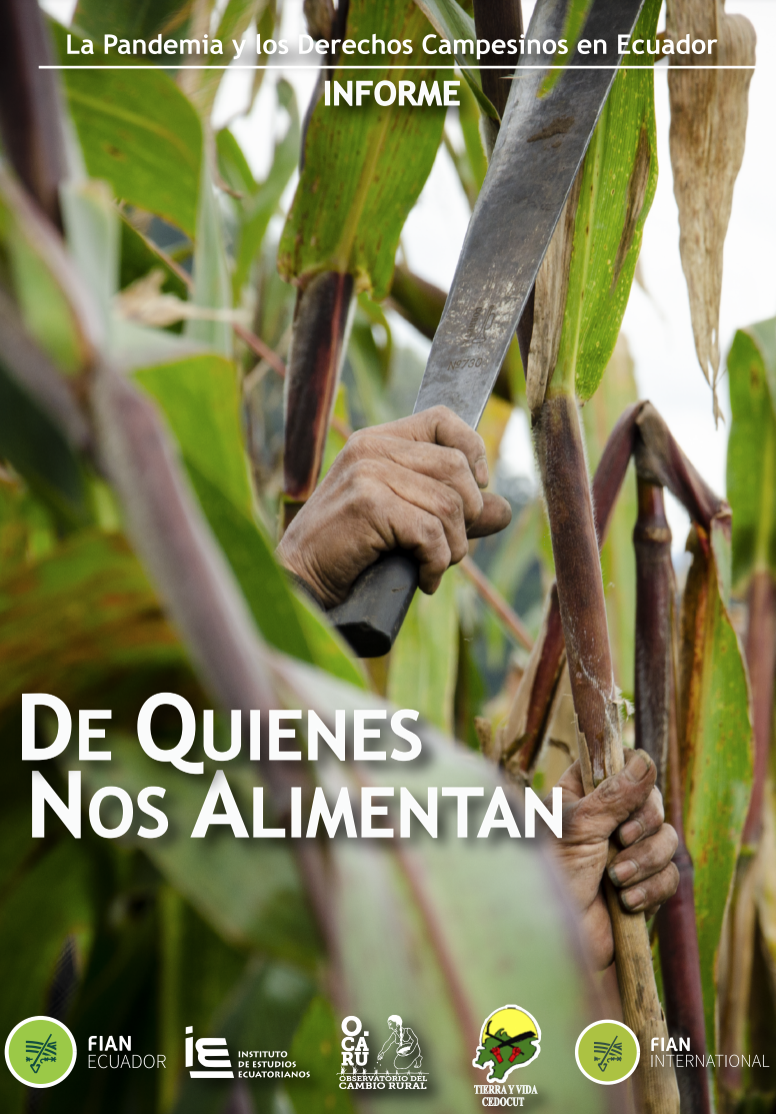Focal point
Location
FIAN International was founded in 1986 as the first international human rights organization to advocate for the realization of the right to adequate food and nutrition.
FIAN consists of national sections and individual members in over 50 countries around the world. FIAN is a not-for-profit organization without any religious or political affiliation and has consultative status to the United Nations.
FIAN’s mission is to expose violations of people's right to food wherever they may occur. We stand up against unjust and oppressive practices that prevent people from feeding themselves. The struggle against gender discrimination and other forms of exclusion is integral part of our mission. We strive to secure people's access to the resources that they need in order to feed themselves, now and in the future.
FIAN’s vision is a world free from hunger, in which every woman, man and child can fully enjoy their human rights in dignity, particularly the right to adequate food, as laid down in the Universal Declaration of Human Rights and other international human rights instruments.
source: https://www.fian.org/who-we-are/who-we-are/
Members:
Resources
Displaying 1 - 5 of 38Putting the Voluntary Guidelines on Tenure and the Voluntary Guidelines on Small-Scale Fisheries into practice
This learning guide provides civil society organizations (CSOs) with a methodology and a set of materials to undertake training on the VGGT and SSF Guidelines with civil society actors from the grassroots to the national level. Trainees will learn how to apply the VGGT to actual tenure governance challenges. They will also learn to use the SSF Guidelines, which reinforce the principles of the VGGT specifically in the context of small-scale fisheries.
Mise en pratique des Directives sur la gouvernance foncière et des Directives sur la pêche artisanale
Le présent guide de formation a été élaboré en partenariat avec plusieurs divisions de l’Organisation des Nations Unies pour l’alimentation et l’agriculture (FAO) et FIAN International, et a été adapté du guide d’apprentissage Mise en pratique des Directives volontaires sur les régimes fonciers: Guide de formation à l’intention des organisations de la société civile, dans le but d’inclure les spécificités du secteur de la pêche artisanal.
Digital technologies cut off access to land
On 5 March 2021 the Namibian Ministry of Land Reform issued 988 land holder titles to nine associations in Freedom Square;an informal settlement in Gobabis municipality;with an additional 122 to be printed in due course. This is a huge milestone to the residents of Freedom Square and to the stakeholders championing the improvement of tenure security of middle and low-income groups residing in different informal settlements of Namibia.
Disruption or Déjà Vu? Digitalization, Land and Human Rights
Digital technologies cut off access to land
Despite promises to fix unjust land governance, a new study shows that digital technologies can further land grabbing and inequality.
DE QUIENES NOS ALIMENTAN. LA PANDEMIA Y LOS DERECHOS CAMPESINOS EN ECUADOR
Surge una preocupación por los impactos del COVID-19 en las agriculturas familiares campesinas. Sus relatos sostienen que no han recibido la ayuda humanitaria suficiente o el apoyo estatal acorde a la importancia de sus actividades. Esto agrava su situación de vulnerabilidad poniendo en riesgo su salud y vida. Sin duda, las medidas sanitarias implementadas para evitar la propagación del virus tienen consecuencias directas sobre el funcionamiento de los sistemas agroalimentarios y quienes lo sostienen: las familias campesinas e indígenas del país.






